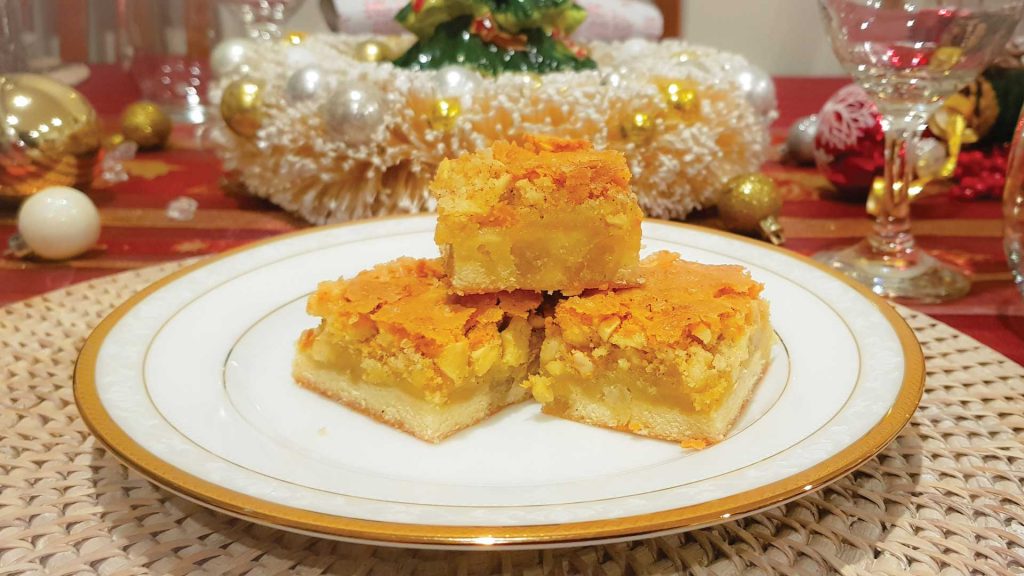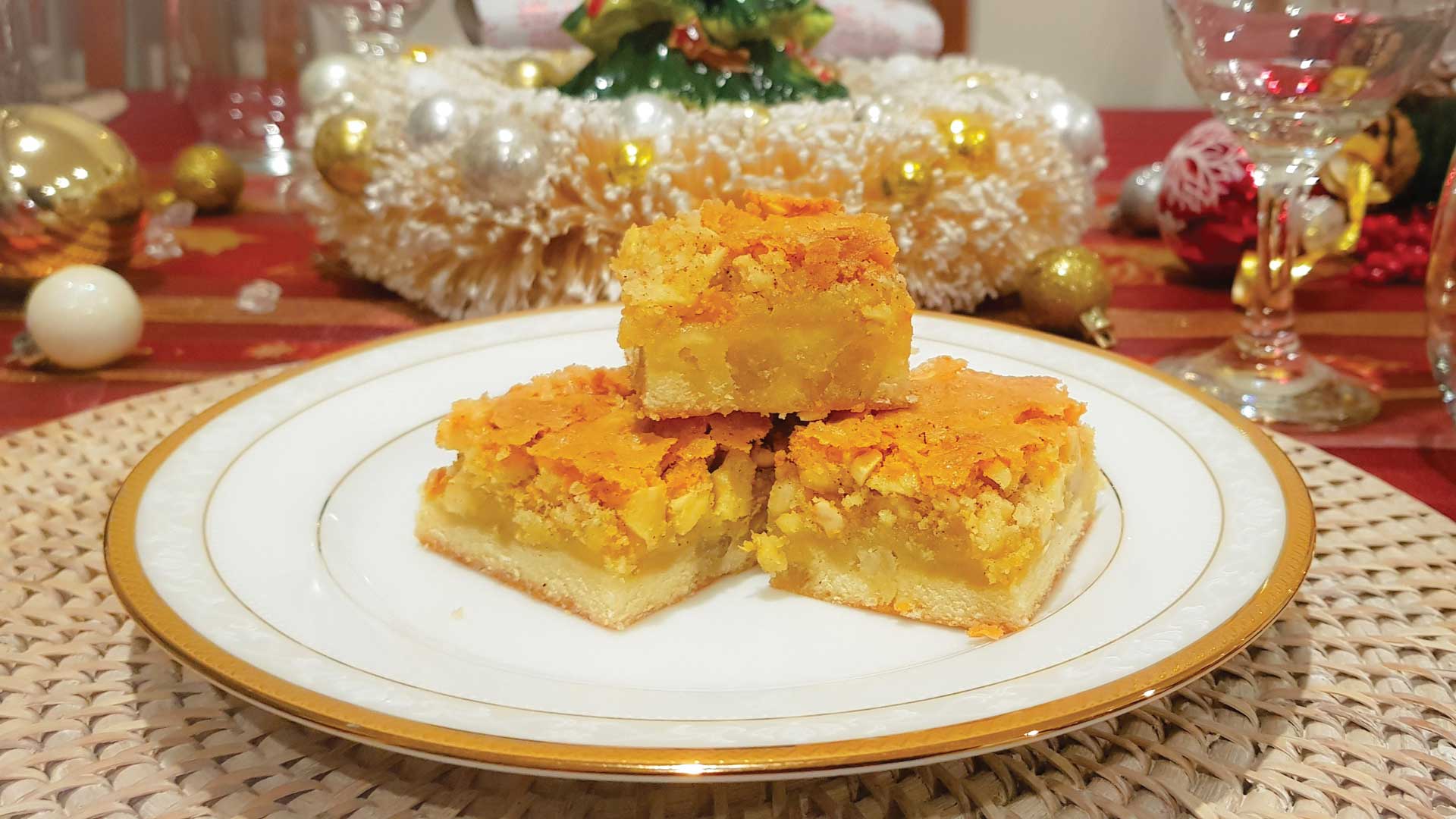The joys of eating cake
Dee Williams tucks into Sri Lankan treats!
Happiness is about knowing that there’s a cake baking in the oven! There are more than 200 countries in the world and each has its unique cuisine. And yet, there’s a good chance that someone in every country would have baked a cake…
Most of us take that first bite of cake on our first birthday. And little do we realise how cake will be part and parcel of our lives – at every milestone moment such as celebrating our 18th and 21st birthdays, becoming engaged, getting married and so on.
A unique feature of cake is that it’s one of the few – and possibly, the only – food in the world that’s associated with happiness, celebration and bringing people together.
I have so many fond memories of helping my mother make Christmas cake. At the time, it was a process that seemed monotonous and tiring with non-stop cutting of ingredients and often being scolded for being too slow! However, it was a wonderful feeling to behold the result after all our hard work, in addition to receiving compliments from friends and family.
There are many different versions of Sri Lankan Christmas cake and it’s always interesting to hear how each person has made their version, as well as how they found the recipe. I have eaten Christmas cake from other countries but nothing compares with the Sri Lankan version.
According to Christmas cake specialist Frances Lemphers, “the key to making a great tasting Christmas cake is soaking half the spices and dried fruit in brandy for three days, and then adding the remaining spices when making the cake.”
So is there any cake in the world that’s more associated with dedication than Sri Lankan love cake?
While it is commonly prepared at Christmas time, I’m surprised that this treat isn’t made for Valentine’s Day too, considering the legend behind the cake. It’s said that the naming of the sweet treat originated from women who made it to impress their potential suitors.

However, there is strong evidence that the cake has its origins with the Portuguese who colonised Sri Lanka in the 16th century. They made a cake called bolo de amor, which contained semolina. Over time, it appears that bolo de amor has evolved with Sri Lankans adding various spices to create this great tasting and unique cake.
Unfortunately, as we grow older, we have to be more health conscious – and sugar consumption is something we have to minimise. It’s a shame that jaggery has so much sugar – because eating good quality jaggery is such a great childhood memory. And to have a cake that has this ingredient in it is amazing.
It’s also disappointing that the world isn’t aware of Sri Lanka’s hakuru cake and bibikkan – they don’t know what they are missing! Eating good quality bibikkan is a food experience of its own as you can taste the spices, coconut, jaggery and other ingredients in every bite.
While growing up, I didn’t see any glamorous birthday cakes of the type that are being made in Sri Lanka these days and it’s great to note the amazing designs that are for sale nowadays. Despite the wide variety that’s available today, the Sri Lankan ribbon cake is still a favourite of mine.
Since leaving Sri Lanka, it was many years before I ate a slice of ribbon cake. And when I tasted that soft, buttery, light cake at a party, it brought back wonderful memories of celebrating birthdays and being happy in my home country.
Sometimes, a simple gesture can mean so much to someone else – so why not present a cake to make a difference to another’s day?


